After the police killing of George Floyd, student activists took to the streets almost immediately, relentlessly demanding justice and systemic reform throughout the summer months.
Now, as former Minneapolis Police Officer Derek Chauvin’s trial begins almost a year later, activist groups have continued their efforts for justice this week, all while contending with full class schedules and residual trauma.
University of Minnesota philosophy student Amber Heider said it was not a hard decision to miss a class and a test on Monday to attend a protest outside of the Hennepin County Government Center on the first day of the Chauvin trial. She said she planned to continue going to as many protests as she could even with her class schedule.
“I have privilege, so I want to do all that I can find for those who don’t,” she said. “I’m gonna be here every day. If I need to do a class, I’ll go to somewhere with WiFi, do it quickly, and then come back, but I’m going to be here no matter what.”
A protest on Friday bookended the week with about 100 demonstrators gathering outside the University of Minnesota’s Morrill Hall, organized by the Students for a Democratic Society (SDS).
Both protests centered around a similar grievance: police accountability. Friday’s gathering also demanded the removal of the University’s police department from campus and for an acknowledgment from President Joan Gabel of the 646 protesters arrested on Interstate 94 in November.
Activists said it feels like the University does not support their efforts toward racial equity and accountability.
“We have waited,” said Sean Lim, a University student and speaker from the Minnesota Youth Collective. “We have marched and protested. … We have emailed and all of our organizing has been met with a bunch of nothing. It feels like we’re in an echo chamber.”
Friday’s protest also called for Chauvin’s conviction, and organizers said they were standing in solidarity with Floyd’s family and Black students across campus. This especially included Musab Hussein, a Carlson student who recently recorded Carlson School of Management staff racially profiling him and his brother, who also spoke at the event.
“We wanted to come back to campus and be clear that we’re not letting [Gabel] off the hook,” said SDS member Mira Altobell-Resendez. “We just want the demands that the students heard.”
But student activists are stressing the importance of maintaining momentum and pacing themselves during a taxing year. Beyond the stress of their academics, many student activists — especially Black students and other students of color — have said that intense feelings of trauma and exhaustion have begun to intensify as Chauvin’s trial draws near.
Jae-Lah Lymon, a member of SDS, said feelings she had this summer have already begun to surface and affect her day-to-day life. She said she has struggled to come to terms with the intensity of the feelings. It has become about more than just time management.
“Being busy isn’t the problem for me,” Lymon said. “I feel the most productive when I’m busy. It’s just being able to emotionally and mentally be in the moment.”
Lymon is one of several activists who have talked about struggling with the ability to sustain their energy as they contend with the threat of burnout.
“Being Black, we don’t have the choice to just choose to show up at a protest,” Lymon said. “The trauma that comes with literally pleading for your life to matter … It’s frustrating, and it’s triggering, and it’s part of me.”
Black Student Union (BSU) president Samiat Ajibola said while some group members have attended protests so far, the organization is putting a special emphasis on self-care during the beginning of the trial.
A protest and other possible events are in the works for the coming weeks, Ajibola said. However, self-preservation is BSU’s top priority right now and the group is preparing for a Black Mental Health discussion this Thursday.
“Our leaders do a lot of ‘talking the talk’ when it comes to mental health, but now we want to walk the walk,” she said. “We want people to know it’s okay to take a break. Like, the revolution is not going to leave without you.”


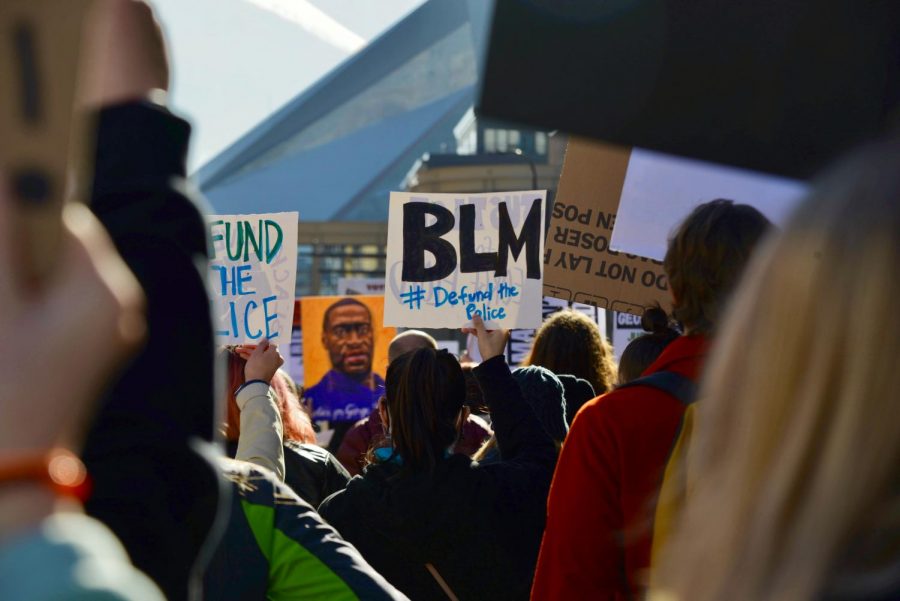
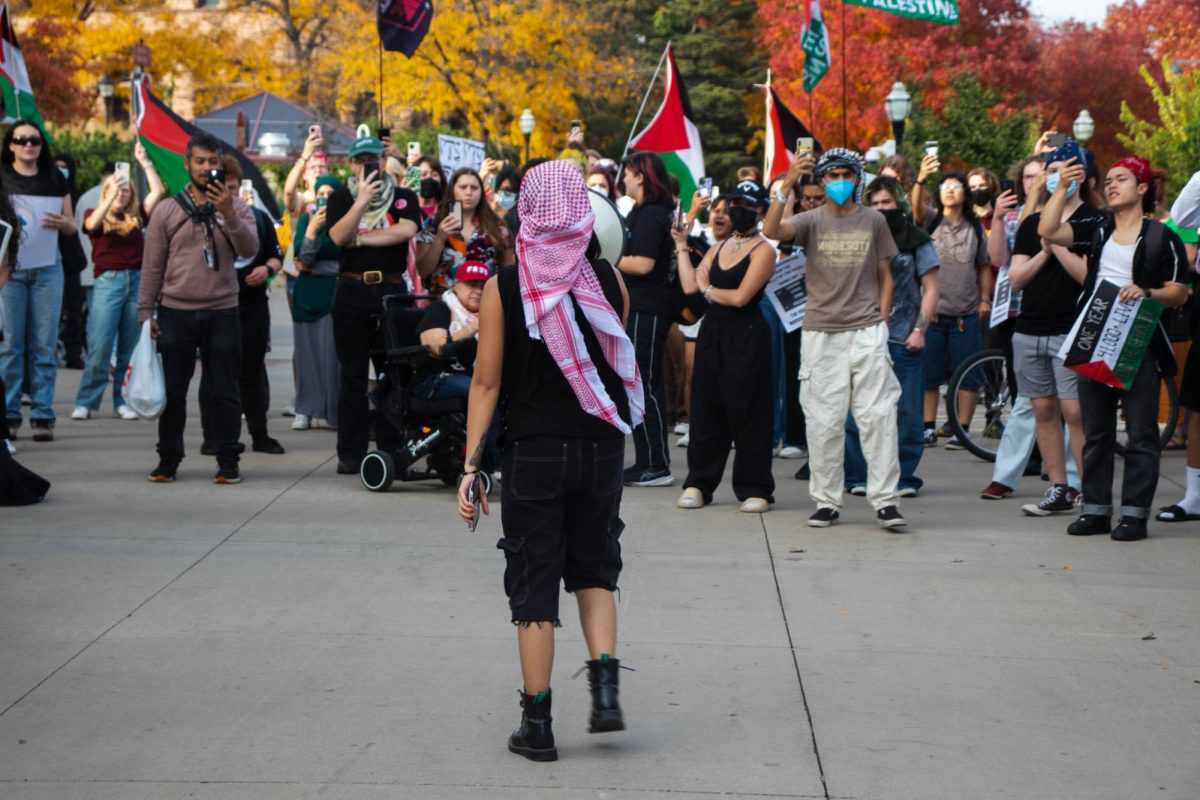
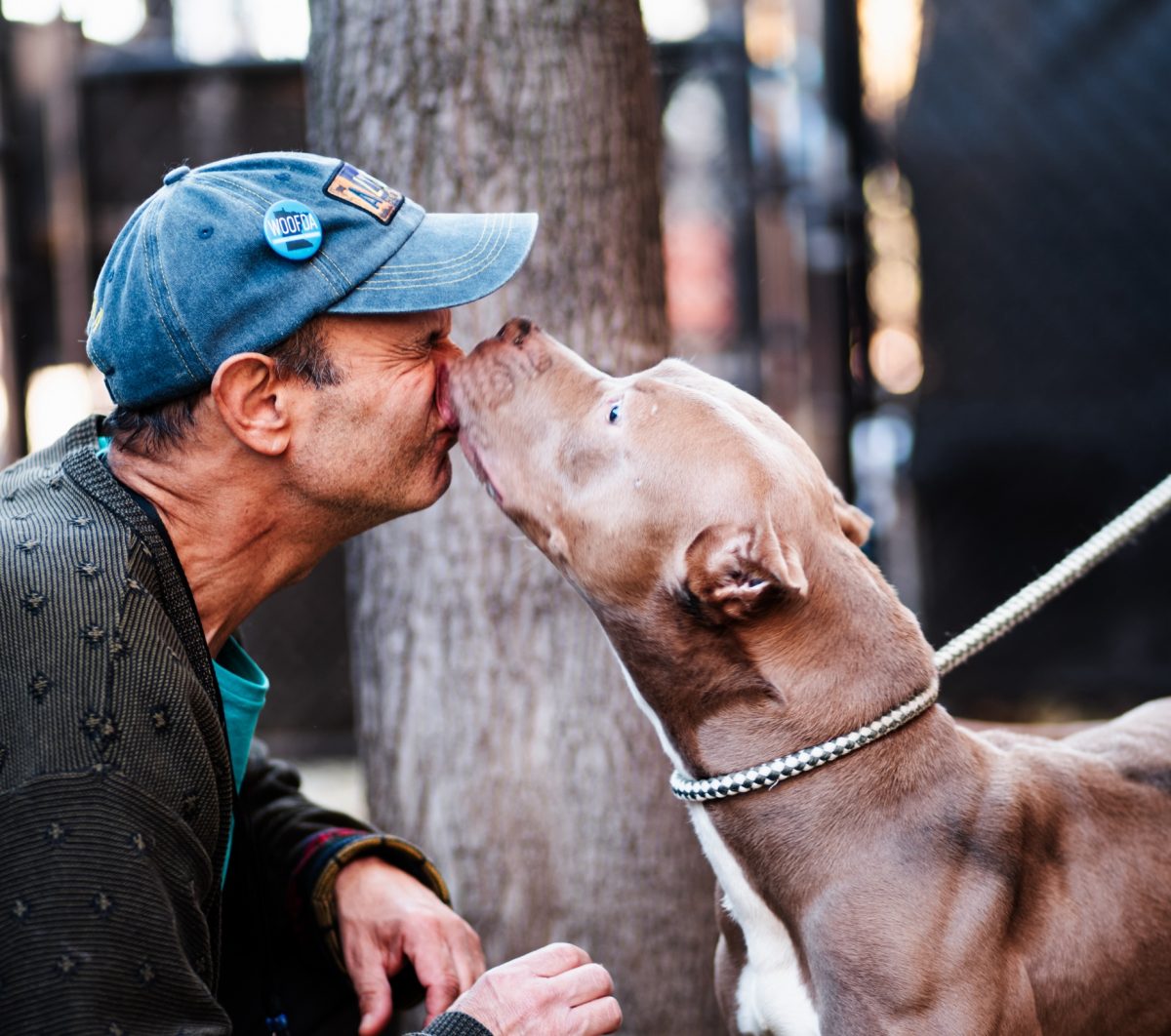
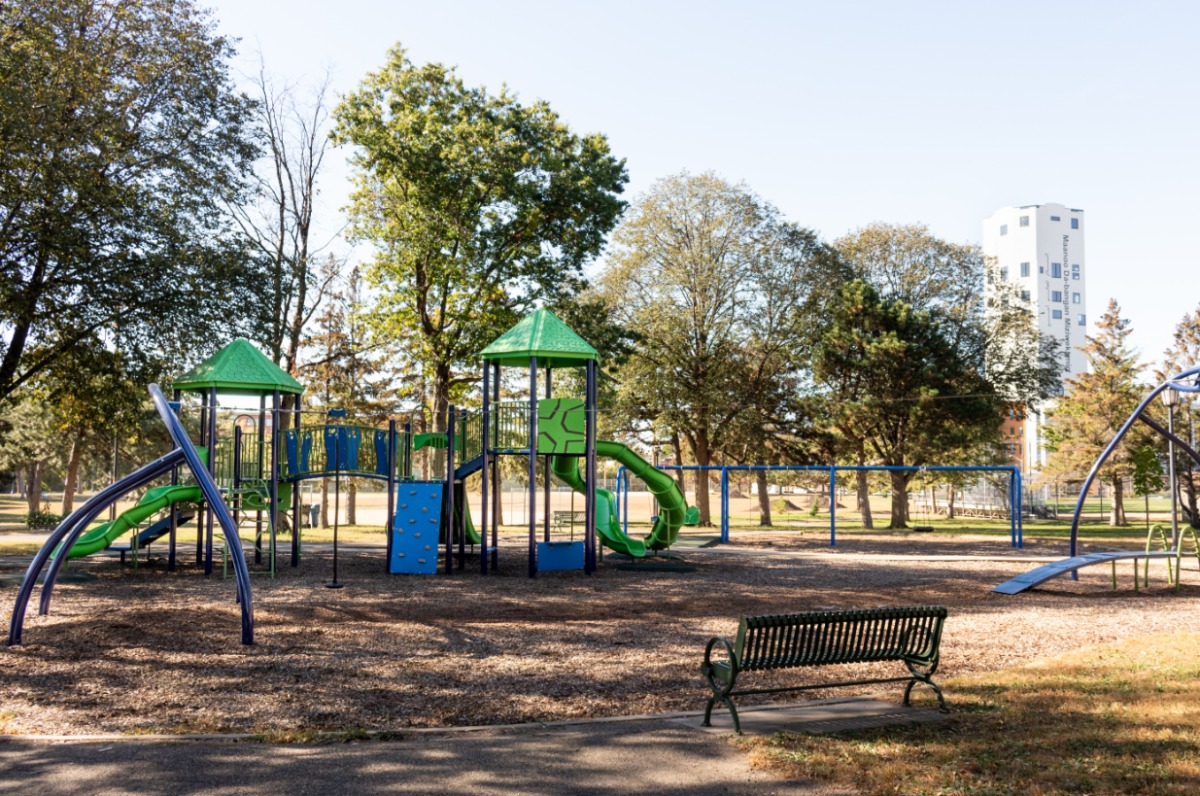
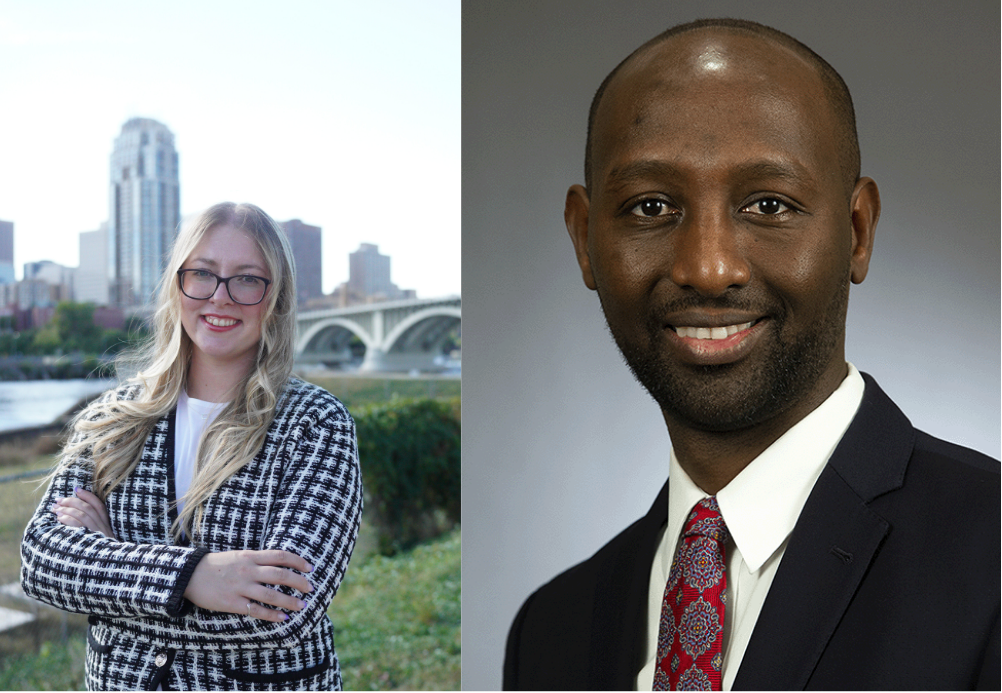
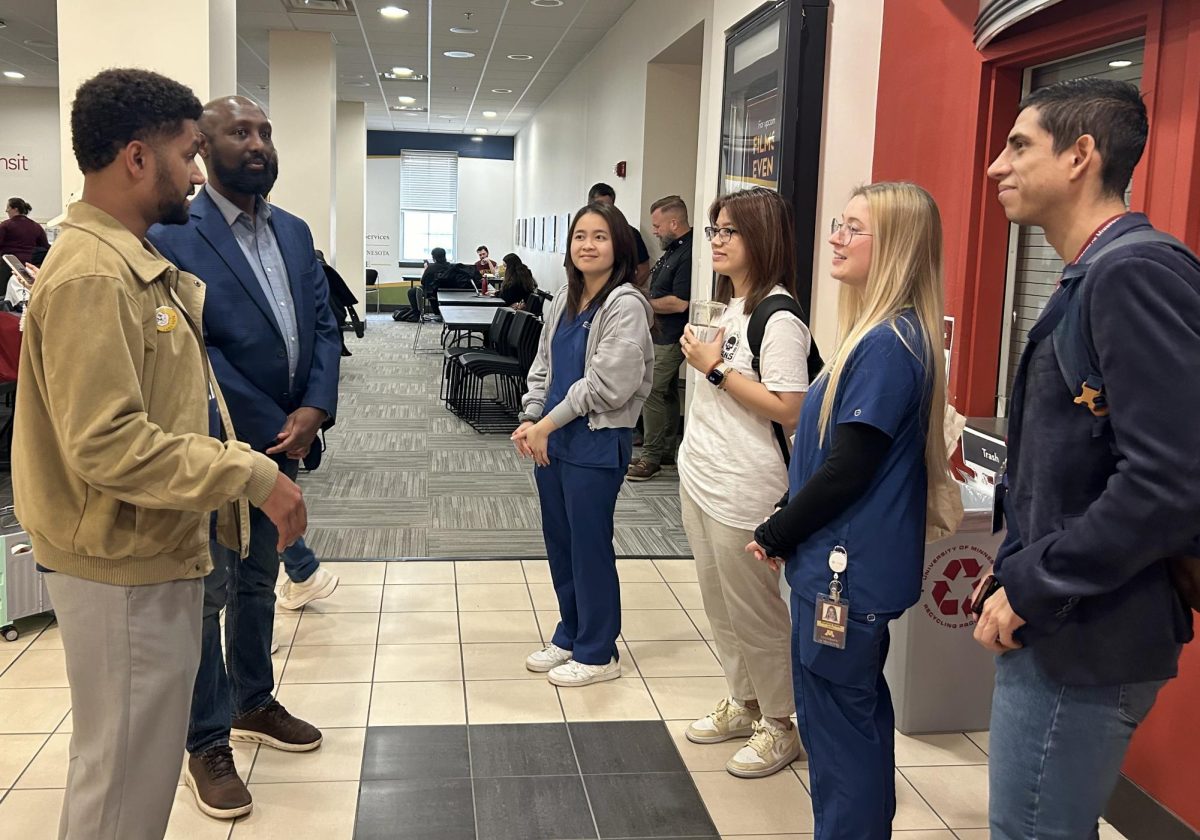






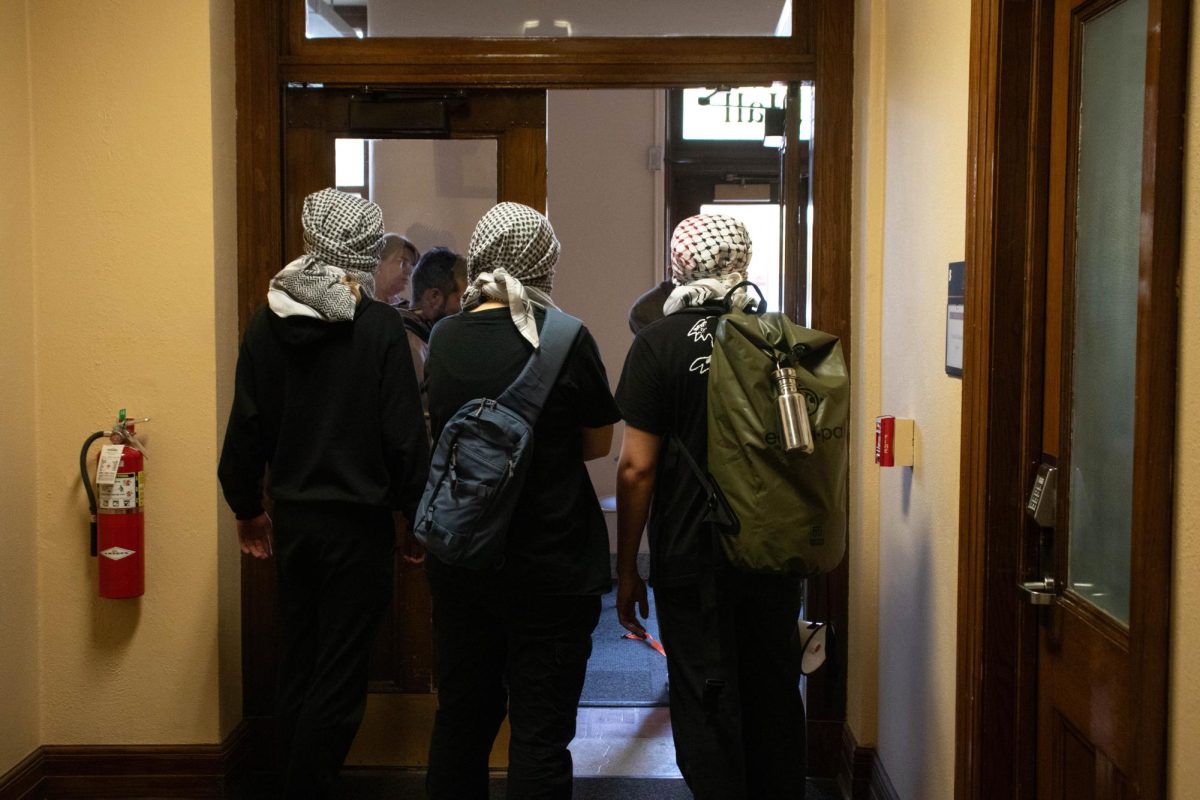
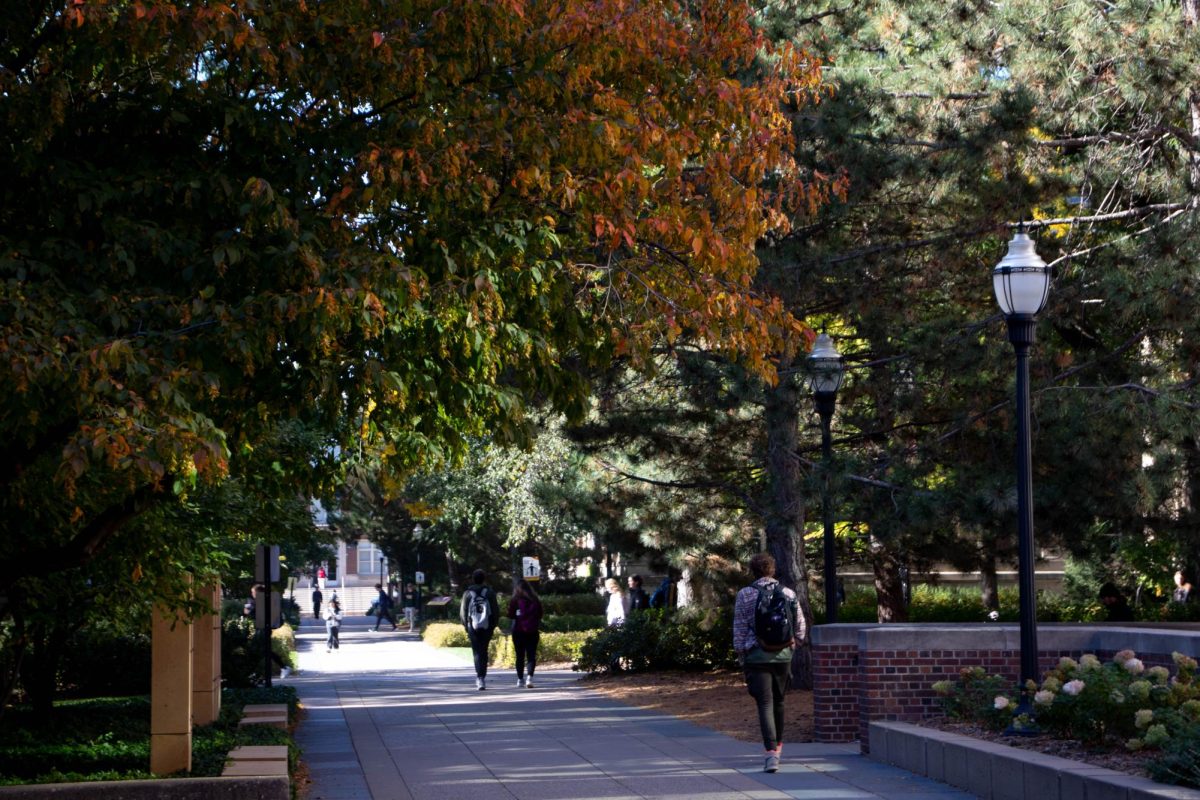
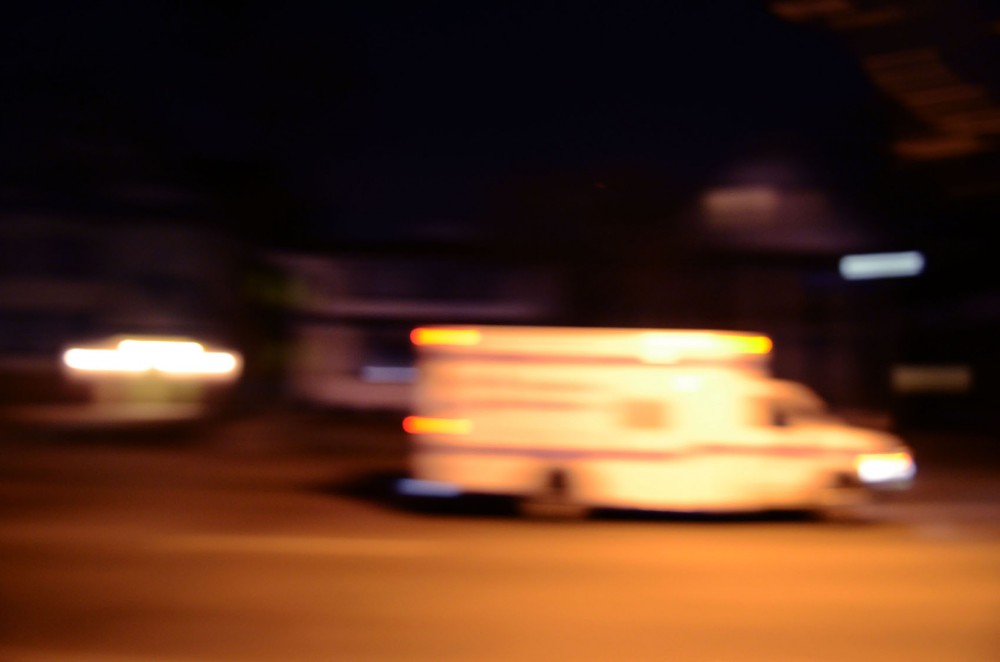
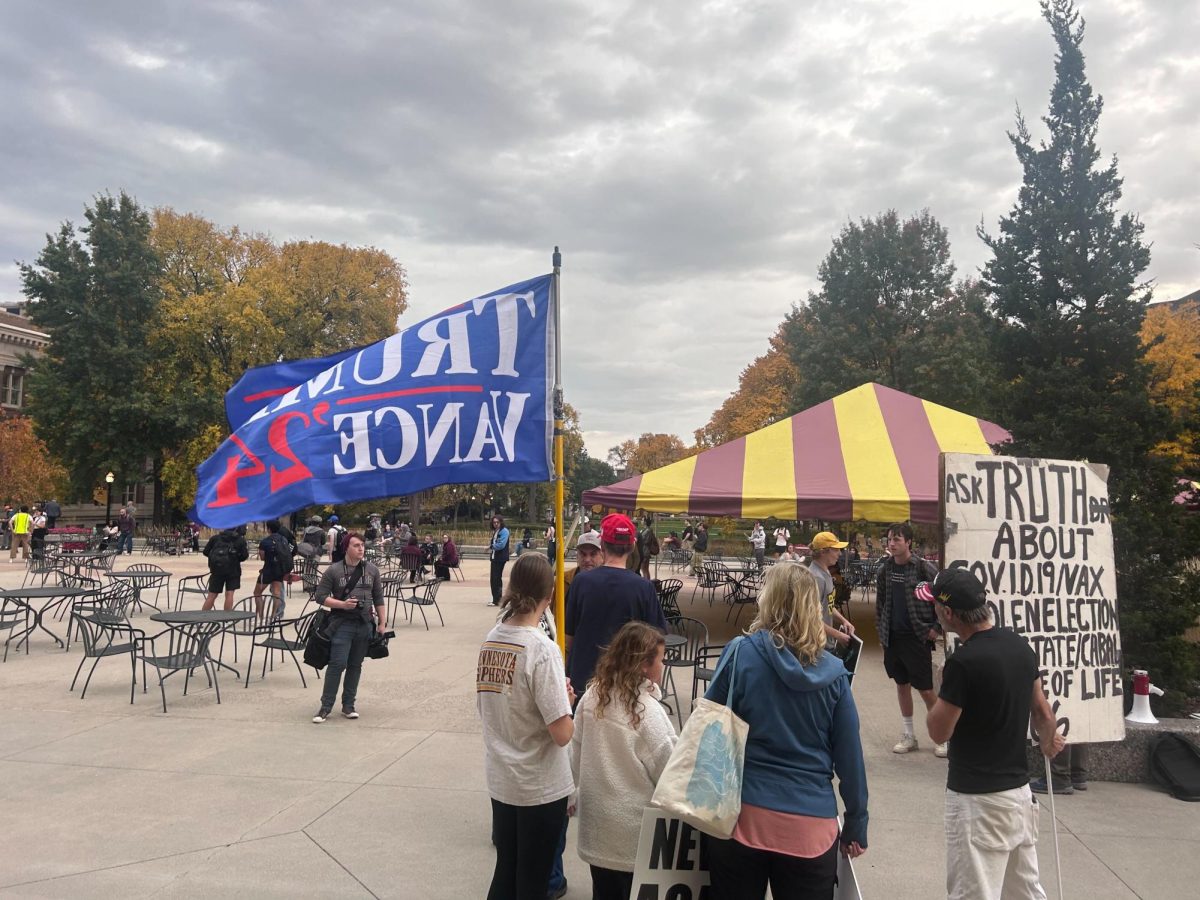
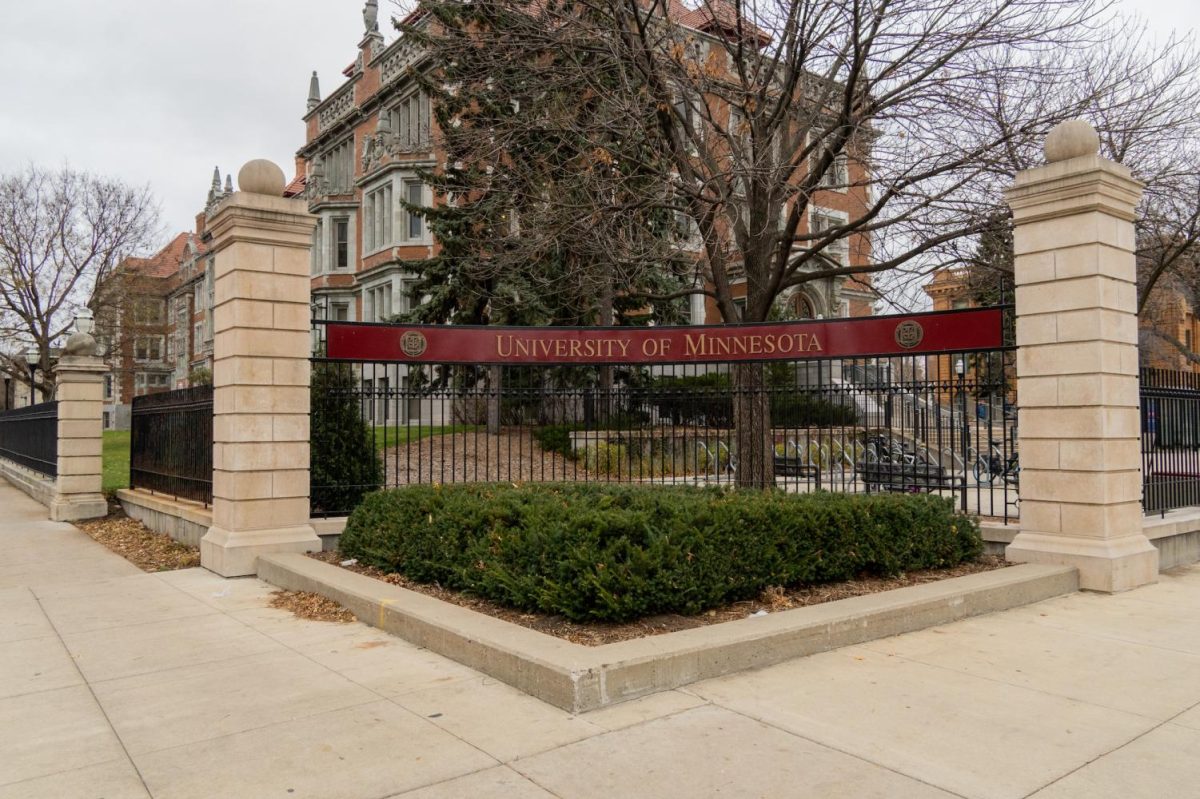
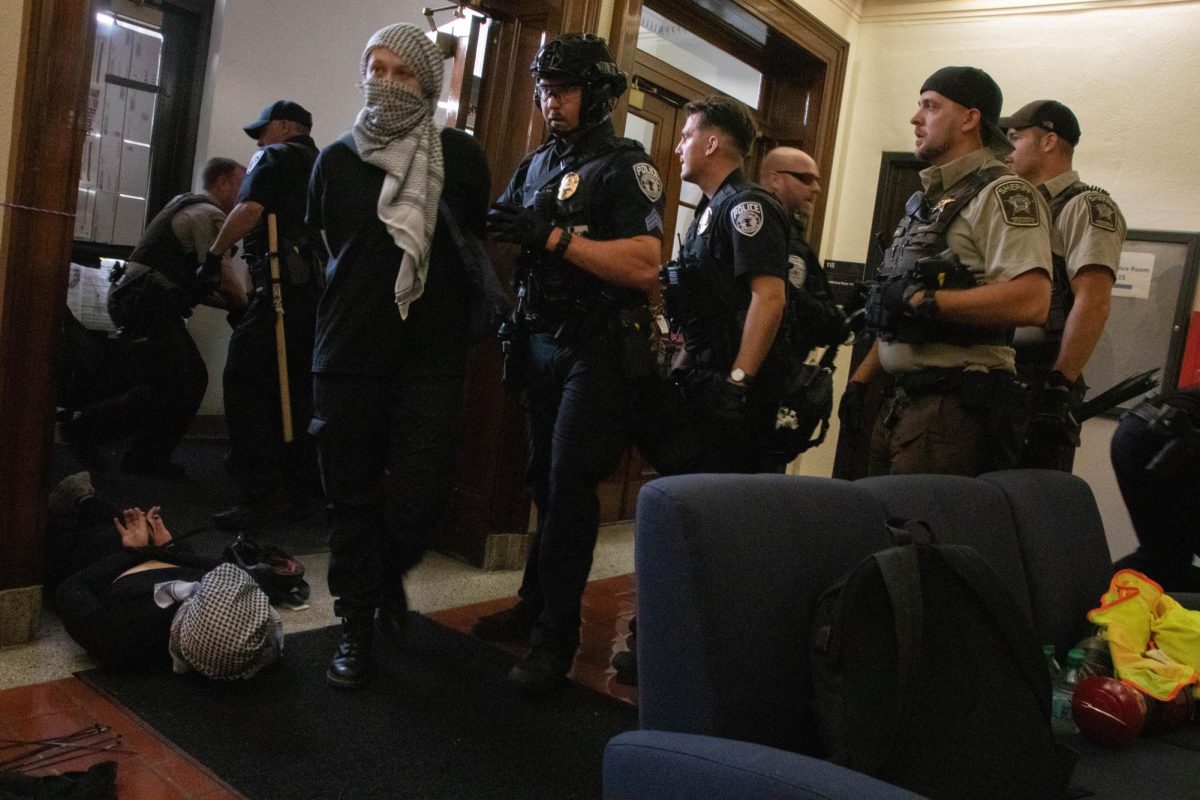
A Gopher
Mar 16, 2021 at 4:04 pm
And remember kids, if you have 1,000 peaceful protestors and 10 rioters and those 1,000 protestors do nothing than you have 1,010 worthless people. Just try and burn down the city again. Play brain dead games and end up brown bread!
CapnRusty
Mar 16, 2021 at 1:44 pm
Words fail me.